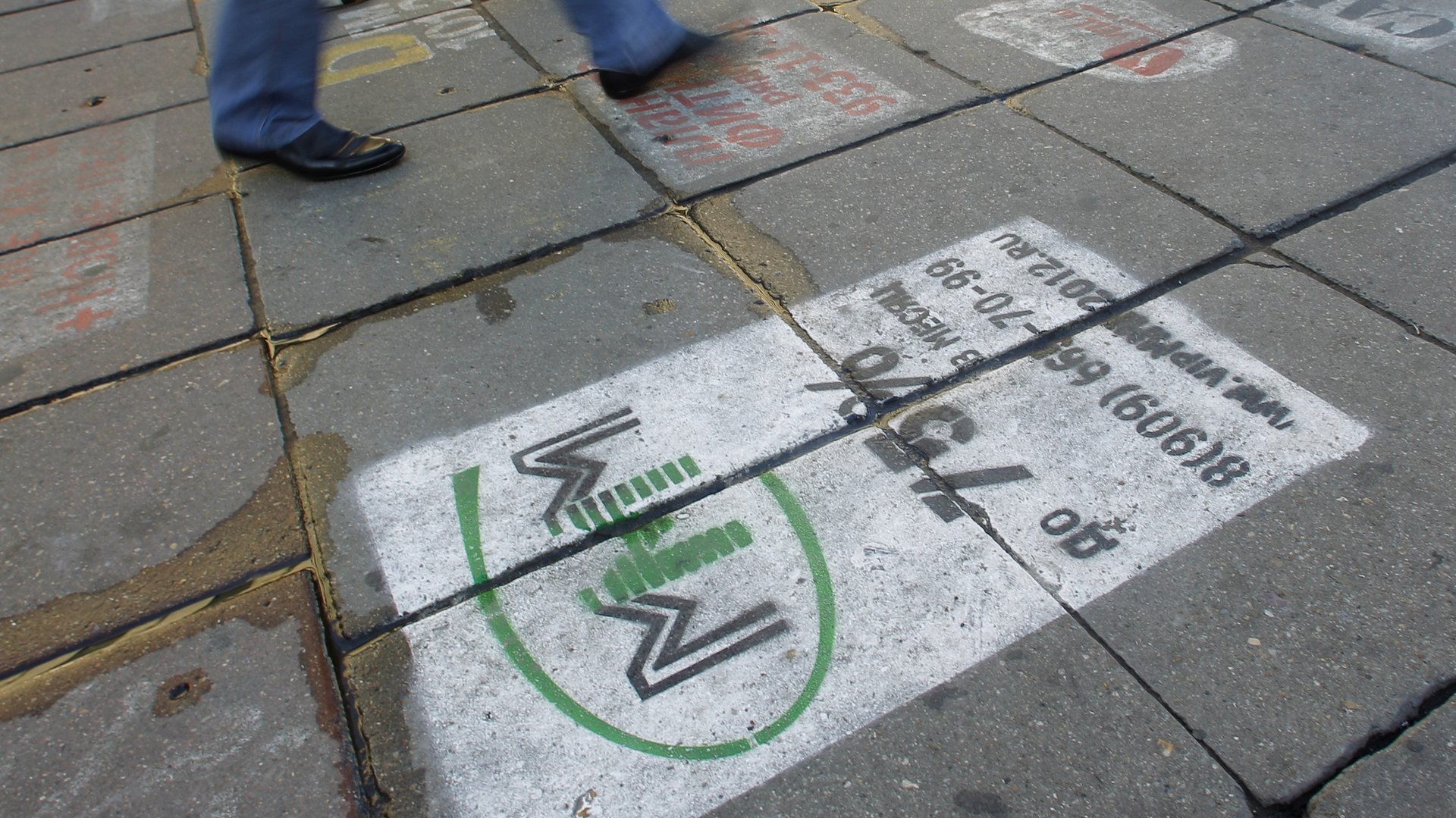Africa’s teeming unemployed youth are making risky bets on their future
It’s not a get-rich-quick scheme. It’s “get-rich-quicker” through systematic, effort and the compounding of effort through groups of people.


It’s not a get-rich-quick scheme. It’s “get-rich-quicker” through systematic, effort and the compounding of effort through groups of people.
That’s from the slick marketing of TwinKas, a very popular online “investment” plan in Nigeria. Like MMM before it, TwinKas is essentially a ponzi scheme which promises unbelievable rates of return via a system which relies on regularly recruiting hundreds of new ”investors” to keep it running. Despite the stories of such programs eventually collapsing, and thousands of Nigerians losing money, there’s never a shortage of others willing to enroll when new schemes pop up.
Meanwhile in Kenya, which is well known as a mobile-first nation in financial technology, it turns out one of the first reasons some Kenyans buy smartphones is so they can use their phones for online betting, according to a new study backed by the Bill & Melinda Gates Foundation. Kenyans said they used winnings to furnish their homes or buy new electronics but, unsurprisingly, also admitted they lost more than they won.
Gambling is also big in Uganda. The wagers are made mainly on soccer at local betting shops which have been popping up in big cities there since rules were relaxed. It’s become so pervasive some local governments are starting to worry that so many young people are hooked and planning tighter regulations to restrict gambling.
Like many sub-Saharan African countries, Nigeria, Kenya and Uganda have many unemployed people and, crucially, a lot of those unemployed people are young and digitally-savvy.
Nearly 50% of Nigeria’s youth labor force (ages 15 to 24) was unemployed or underemployed in the third quarter of 2016, according to the nation’s statistics bureau. In Kenya, youth unemployment is estimated to be around 35% (pdf). And in Uganda, where some three-quarters of the population is under 30, around 22% of those aged 15-24 are unemployed.
In parts of the world with insufficient options for formal employment and banks that lend only at extremely high rates, it’s not too surprising that something like gambling on soccer matches, which should be no more than a fun pastime, is treated as serious economic activity by ordinary people.
There are many positive things about technology making the world a smaller place and creating a more level playing field across the globe. The problem here is the technology and access make it easier for one side of the equation to exploit the other. For example, some of the Nigerian investment websites, which are presented as independent schemes with entirely different branding, are in fact run out of the same address in the United Arab Emirates.
It’s certainly worth encouraging the development of awareness programs about the dangers of gambling and ponzi investing. But the reality is many young people will ignore warnings as long as they have no other realistic economic options.